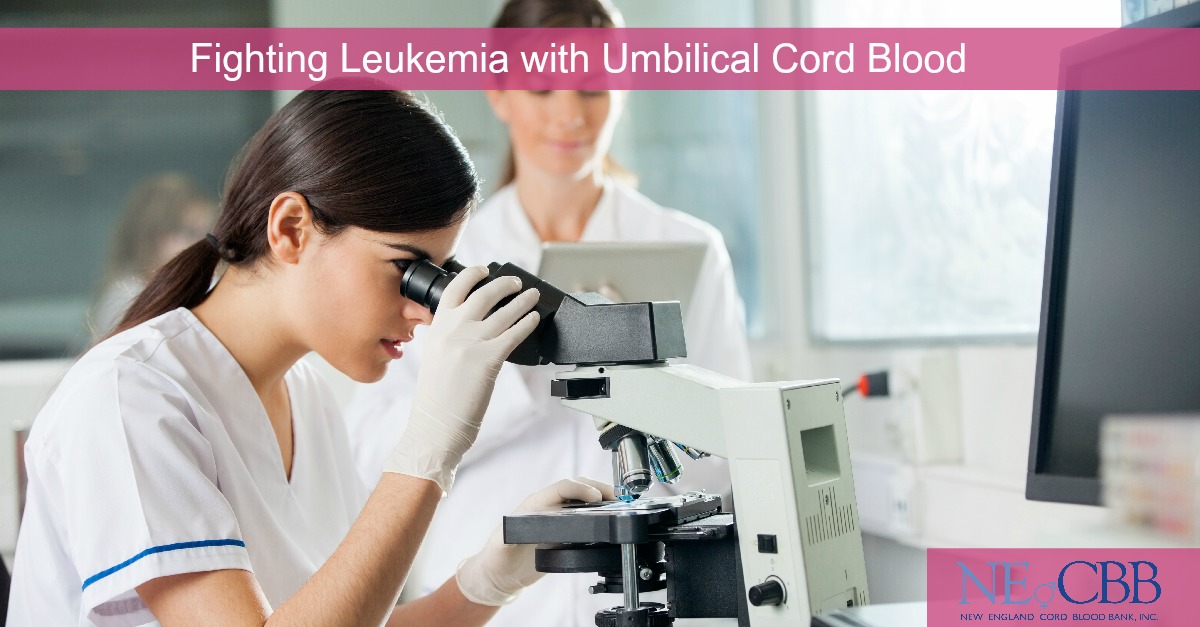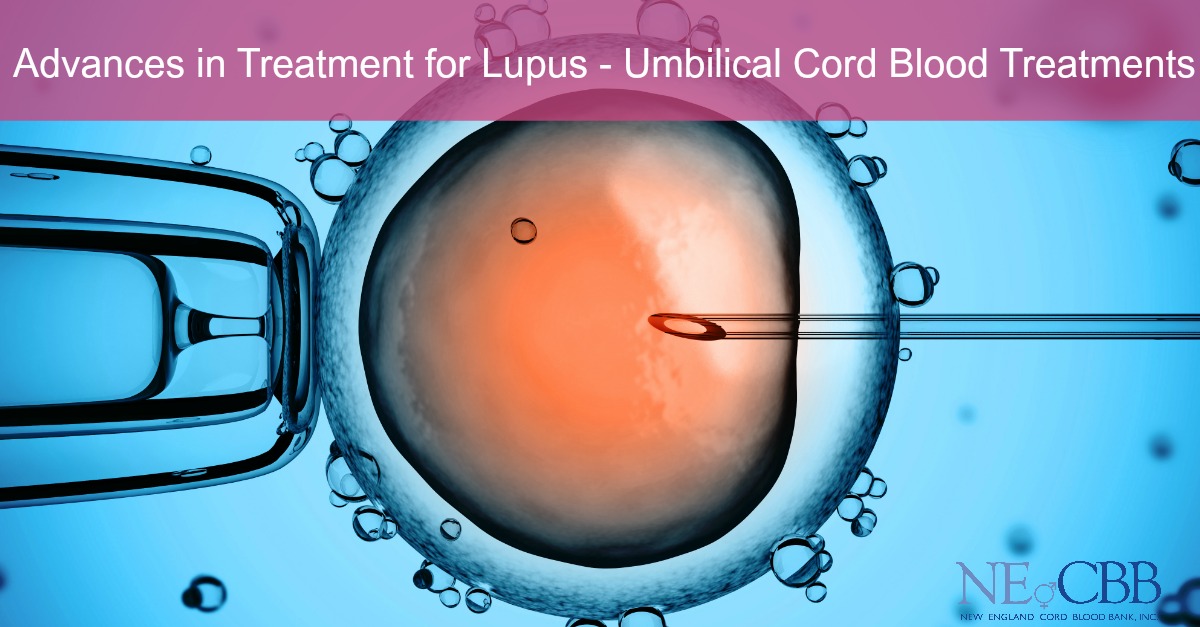6 Things to Accomplish in Your Second Trimester
During your second trimester of pregnancy, fetal development takes your baby from a cluster of cells to a tiny person with organs, nerves, and muscles. You will even start to feel more movement as baby starts putting those tiny arms and legs to work. It’s a busy time for baby and a great time for you to get things done… Read More »6 Things to Accomplish in Your Second Trimester
 Some of the most successful results of umbilical cord blood stem cell treatment are related to blood disorders and diseases, including leukemia. Sometimes referred to as blood cancer, there are several types of leukemia, named for the kind of cell affected. The disease develops when blood cells produced in the bone marrow grow out of control.
Some of the most successful results of umbilical cord blood stem cell treatment are related to blood disorders and diseases, including leukemia. Sometimes referred to as blood cancer, there are several types of leukemia, named for the kind of cell affected. The disease develops when blood cells produced in the bone marrow grow out of control. At least 1.5 million Americans have lupus, according to the Lupus Foundation of America, with more than 16,000 new cases of lupus reported every year across the country. Lupus is a chronic, autoimmune disease that can damage any part of the body — skin, joints, and/or organs inside the body. Normally our immune system protects the body from germs, viruses and bacteria, but for people with lupus, their immune system mistakenly attacks its own healthy tissue, leading to chronic inflammation. People of all races and ethnicities can develop lupus, but it affects mostly women.
At least 1.5 million Americans have lupus, according to the Lupus Foundation of America, with more than 16,000 new cases of lupus reported every year across the country. Lupus is a chronic, autoimmune disease that can damage any part of the body — skin, joints, and/or organs inside the body. Normally our immune system protects the body from germs, viruses and bacteria, but for people with lupus, their immune system mistakenly attacks its own healthy tissue, leading to chronic inflammation. People of all races and ethnicities can develop lupus, but it affects mostly women.